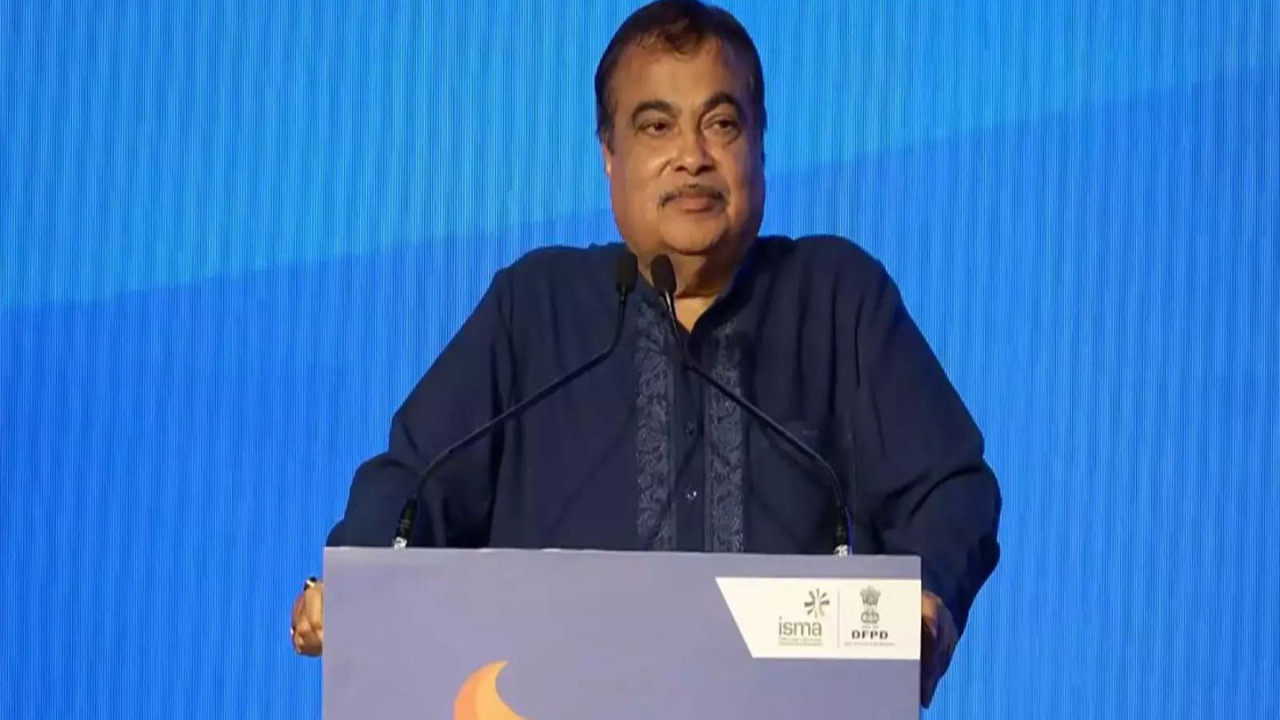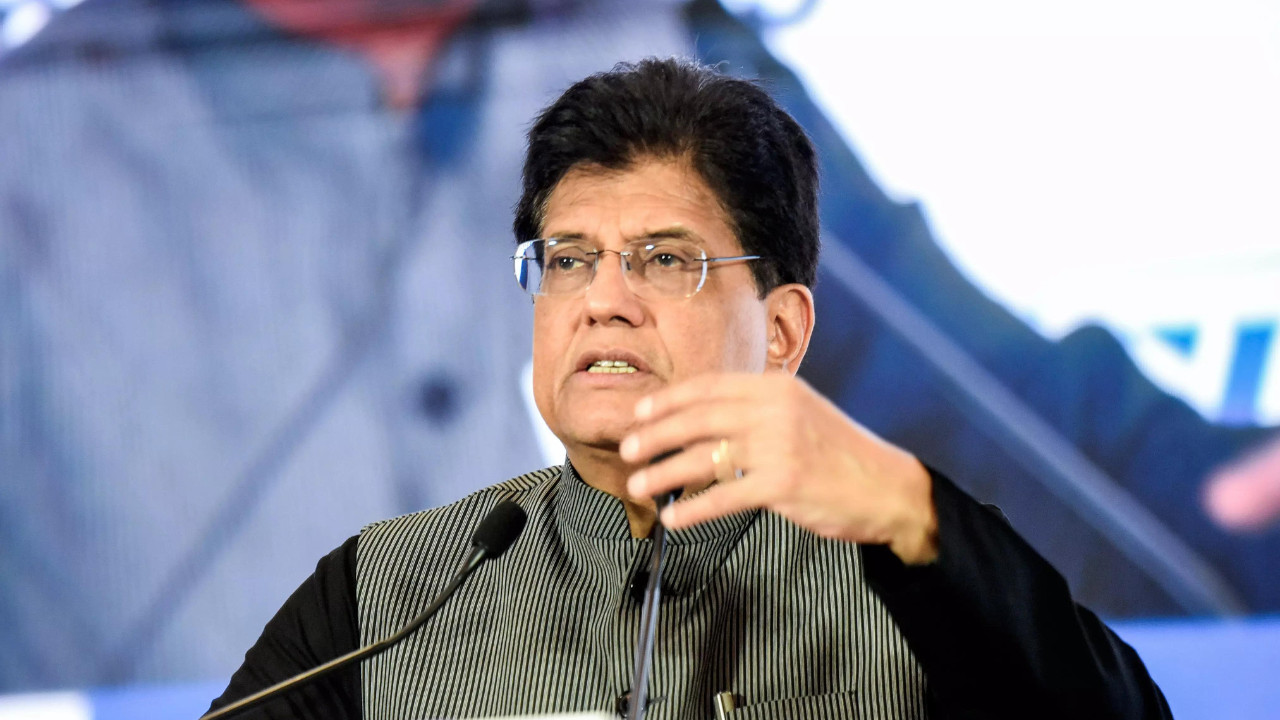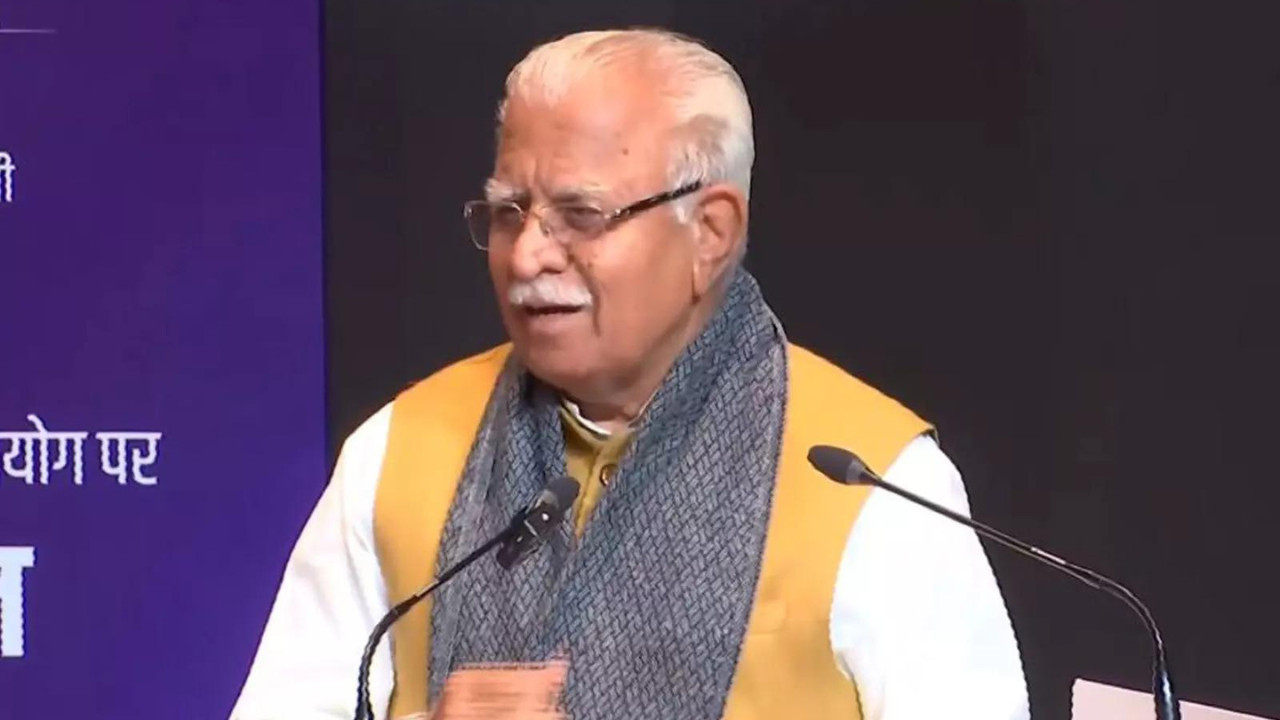Nitin Gadkari emphasized ethanol’s crucial role in sustaining India’s sugar industry and advocated for technology adoption in farming to improve rural livelihoods, addressing farmer suicides linked to water scarcity in Vidarbha and Marathwada. He defended ethanol policies amid conflict of interest allegations and criticism over the E20 fuel rollout, dismissing concerns as a paid campaign.
The Sweet Spot: How Ethanol is Reshaping India’s Sugar Industry and Beyond
India’s sugar industry, once grappling with oversupply and fluctuating prices, is experiencing a significant transformation, largely fueled by the rise of ethanol production. It’s a story of innovation, adaptation, and a move toward a more sustainable and economically viable future for agriculture. The winds of change are sweeping through the fields, and the implications extend far beyond just sugar.
Ethanol: The Unexpected Savior of Sugar Farms
For years, the sugar industry has been a rollercoaster ride for farmers and mill owners alike. Bumper crops often led to crashing prices, leaving sugarcane growers struggling to make ends meet. The surplus sugar glutted the market, creating a persistent challenge for policymakers. But a new dynamic has emerged: ethanol, a biofuel produced from sugarcane and other agricultural feedstocks, has become a key player in stabilizing the sector.
The government’s push for ethanol blending in petrol has created a reliable and growing demand for this biofuel. This demand has provided sugar mills with a crucial alternative revenue stream, allowing them to divert excess sugarcane production towards ethanol instead of sugar. This clever pivot has effectively mitigated the problem of oversupply, prevented drastic price drops, and kept sugar farmers afloat. It’s a win-win situation, boosting the agricultural economy and simultaneously reducing India’s reliance on imported crude oil.
Beyond Ethanol: Embracing Technological Advancements
The story doesn’t end with ethanol. There’s a growing recognition that the long-term sustainability of Indian agriculture hinges on embracing new technologies and innovative farming practices. Think precision farming techniques that optimize resource utilization, drought-resistant crop varieties, and advanced irrigation systems. These advancements are critical for increasing yields, reducing input costs, and minimizing the environmental impact of agriculture.
It’s not just about what’s grown, but how it’s grown. A modern approach to agriculture involves harnessing data analytics to make informed decisions, using drone technology for crop monitoring, and adopting sustainable farming practices that protect soil health and biodiversity. This paradigm shift requires a collaborative effort involving government, research institutions, and, most importantly, the farmers themselves.
The Road Ahead: Challenges and Opportunities
While the rise of ethanol and the focus on technology offer tremendous promise, the path forward isn’t without its challenges. Ensuring a consistent and sustainable supply of sugarcane for both sugar and ethanol production requires careful planning and investment in infrastructure. Furthermore, the environmental impact of ethanol production needs to be carefully managed, ensuring responsible water usage and waste disposal.

However, the opportunities are immense. Imagine a future where Indian agriculture is not only self-sufficient but also a global leader in sustainable and innovative farming practices. This future hinges on continued investment in research and development, supportive government policies, and the willingness of farmers to adopt new technologies. The sugarcane fields of today can become the bio-refineries of tomorrow, producing not just sugar and ethanol, but a range of valuable bio-based products.
The Future is Green, and it Starts in the Fields
The resurgence of the sugar industry, driven by ethanol production, showcases the power of innovation and adaptability. But it’s just the beginning. By embracing technological advancements and sustainable farming practices, India can unlock the full potential of its agricultural sector, creating a more resilient, prosperous, and environmentally responsible future. It’s a transformation that will not only benefit farmers and the economy but also contribute to a greener and more sustainable world. Read more about related initiatives like [the National Mission on Sustainable Agriculture](internal-link-to-related-content). The sweet spot, it turns out, isn’t just about sugar – it’s about a sustainable and innovative approach to agriculture as a whole.







